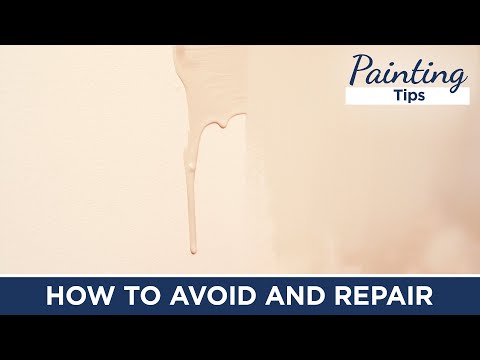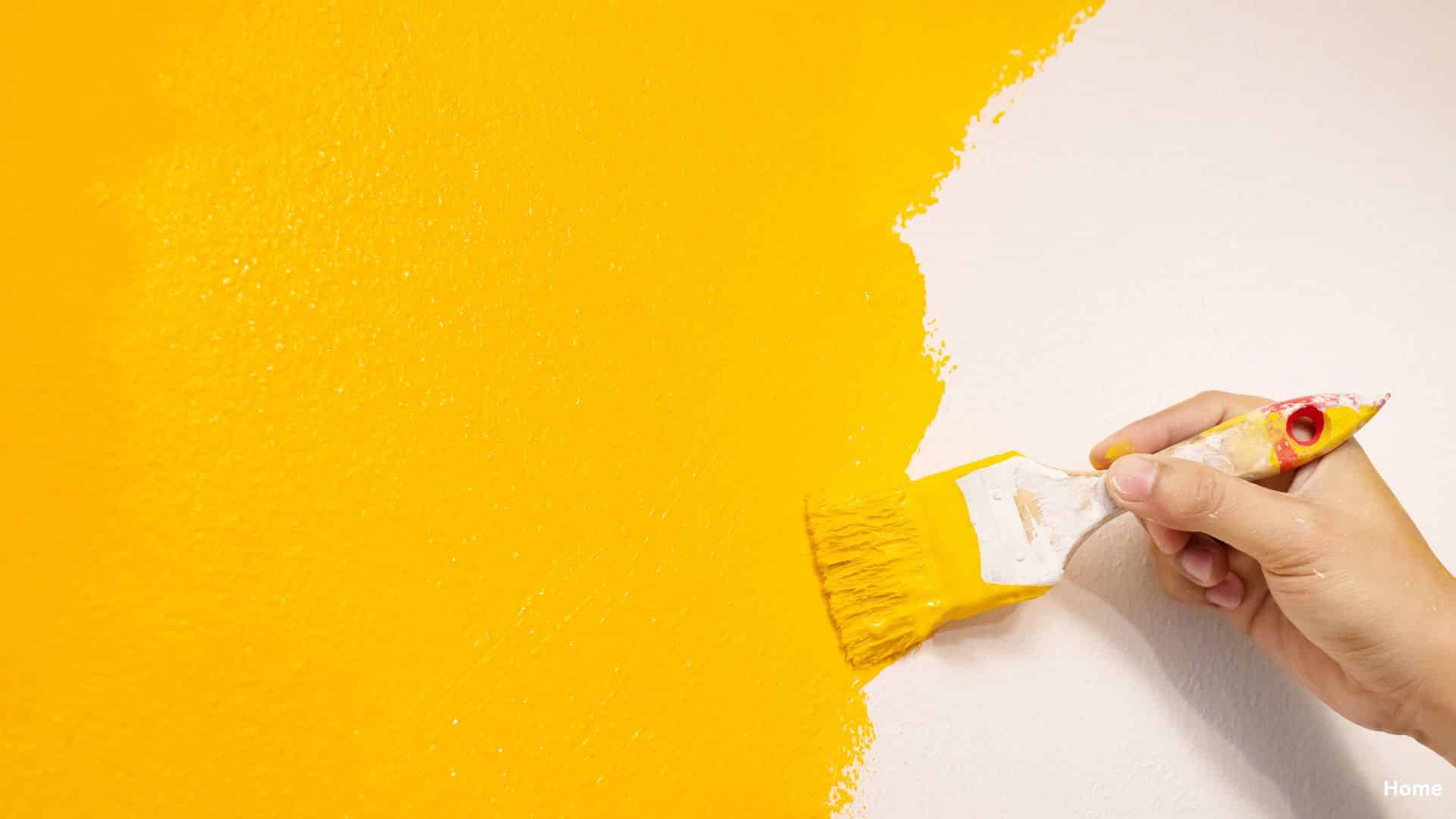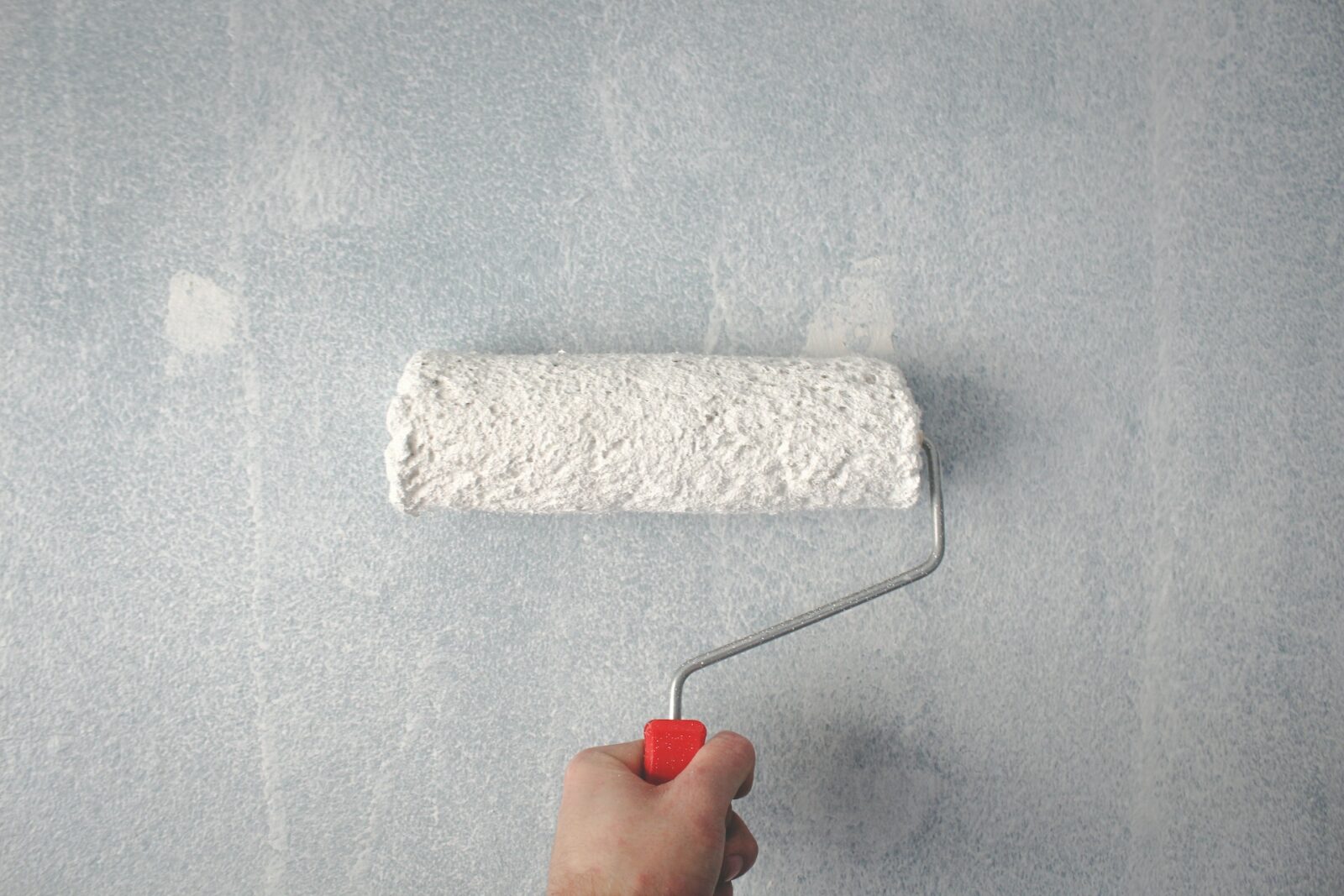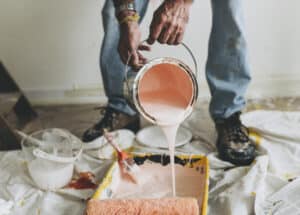Painting a room or furniture can instantly transform its appearance, but the frustration of paint drips can dampen your enthusiasm. Don’t worry, though – fixing paint drips is a common challenge with simple solutions. In this guide, we’ll walk you through step-by-step instructions on how to fix paint drips and achieve a smooth, professional finish.

How to Fix Paint Drips
1. Gather Your Supplies
Before you begin, gather the necessary supplies. You’ll need sandpaper (various grits), a putty knife, a clean cloth, paintbrushes, and the original paint.
2. Assess the Drips
Examine the paint drips closely to determine their size and severity. Some drips may be minor and easily fixable, while others might require more effort.
3. Allow the Paint to Dry
If the paint is still wet, let it dry completely. Attempting to fix drips in wet paint can worsen the situation.
4. Sand the Drips
Using a fine-grit sandpaper, gently sand the drips. Start with light pressure and increase if needed. Sand until the drips are level with the surrounding surface.
5. Smooth with a Putty Knife
For more stubborn drips, carefully use a putty knife to scrape away excess paint. Take your time to avoid damaging the underlying surface.
6. Sand the Area
After using the putty knife, sand the area again with a finer-grit sandpaper. This will further smooth the surface and blend the repaired area with the rest of the paint.
7. Clean the Surface
Wipe the sanded area with a clean, damp cloth to remove dust and debris. Allow the surface to dry completely before proceeding.
8. Repaint the Area
Using the original paint, carefully touch up the area where the drips were removed. Use a small paintbrush and feather the edges to ensure a seamless blend.
9. Allow to Dry
Let the touched-up paint dry according to the manufacturer’s recommendations. Avoid touching the area until it’s fully dry.
10. Inspect and Touch Up
Once the paint is dry, inspect the repaired area under different lighting conditions. If needed, perform additional touch-ups to achieve a flawless finish.

FAQs
Q: Can I fix paint drips without sanding?
A: Sanding helps smooth out the drips, but for very small drips, you might be able to gently scrape them off without sanding.
Q: Can I use any sandpaper grit?
A: It’s best to start with a coarser grit and gradually move to finer grits for a smoother finish.
Q: Should I thin the paint for touch-ups?
A: It’s recommended to use the paint as-is for touch-ups. Thinning can affect color and coverage consistency.
Q: Can I fix drips on textured surfaces?
A: Yes, but fixing drips on textured surfaces might be more challenging. Use a lighter touch when sanding to avoid altering the texture.
Q: How long should I wait before repainting?
A: Follow the paint manufacturer’s recommendations for drying times before repainting.
Q: Can I fix drips on a painted ceiling?
A: Yes, the same steps apply. Use a ladder or scaffolding for access and be cautious when sanding overhead.

Paint drips are a common hiccup in the painting process, but they’re easily manageable with the right approach. By following these step-by-step instructions, you’ll be able to fix paint drips and achieve a flawless finish that enhances the beauty of your painted surfaces. Remember, patience and attention to detail are key in achieving a professional-looking result.





